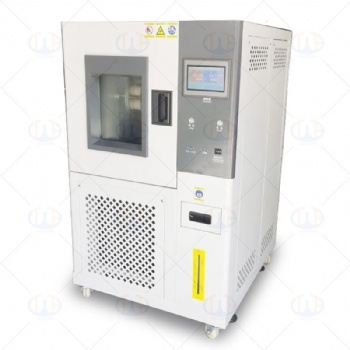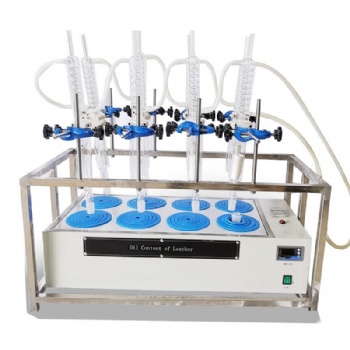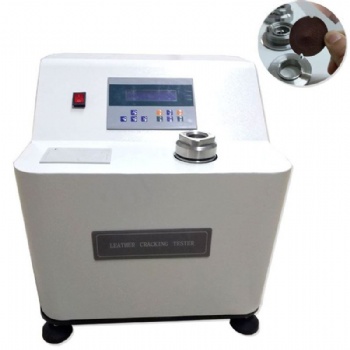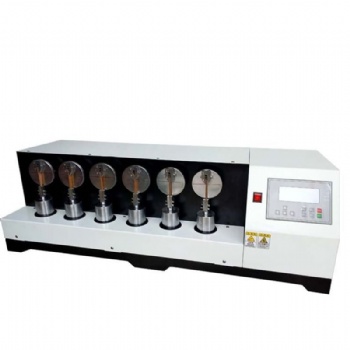News
Understanding Universal Testing Machines: Purpose, Standards, Specifications, and Choosing the Right Manufacture
Understanding Universal Testing Machines: Purpose, Standards, Specifications, and Choosing the Right Manufacturer
Purpose:Universal Testing Machines (UTMs) are essential for evaluating the mechanical properties of materials. They test for various parameters such as tensile strength, compression strength, and shear strength. This helps in ensuring that materials meet required standards and perform reliably under stress.
Standards:UTMs adhere to international standards such as ASTM (American Society for Testing and Materials), ISO (International Organization for Standardization), and DIN (Deutsches Institut für Normung). These standards ensure consistency, accuracy, and reliability in testing procedures.
Specifications:Key specifications of UTMs include:
Load Capacity: The maximum force the machine can apply.
Accuracy: The precision of force measurement.
Testing Speed: The rate at which tests are conducted.
Crosshead Movement: The range and speed of the crosshead’s movement.
Software: The control system used for managing tests and analyzing data.
Advantages:UTMs offer numerous advantages:
Versatility: Capable of performing a range of tests on various materials.
Precision: High accuracy in measurement and control.
Data Analysis: Advanced software for detailed analysis and reporting.
Consistency: Adherence to standardized testing methods ensures reliable results.
Choosing Manufacturers:When selecting a manufacturer for UTMs, consider the following:
Reputation: Look for manufacturers with a strong track record and positive reviews.
Quality: Ensure the machines are built with high-quality materials and meet industry standards.
Support: Check for robust customer service and technical support.
Customization: Evaluate whether the manufacturer offers customized solutions to meet specific needs.
Price: Balance cost with features and support to find the best value.
Selecting the right UTM manufacturer can ultimately ensure reliable testing and support for your materials testing needs.
Categories
Contact Us
- +86-18615632092
- wtbequipment@hotmail.com
- sophie-tester
- +86-18615632092




 售前客服
售前客服